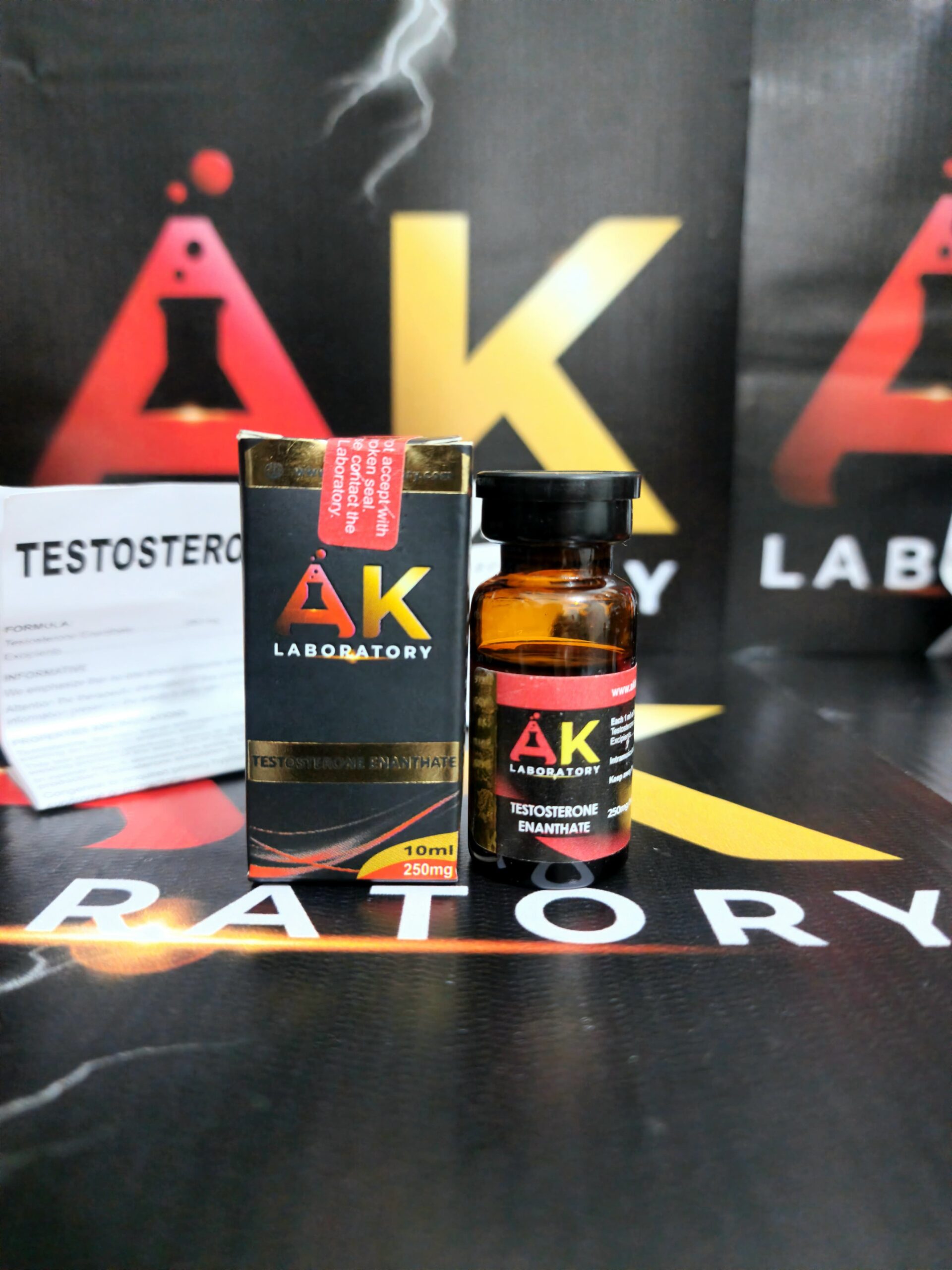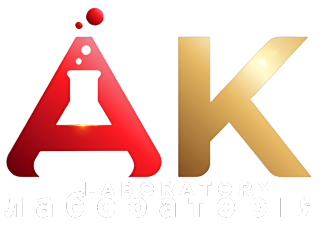Testosterone Enanthate 250mg/ml
- Home
- Testosterone Enanthate 250mg/ml
Description
Our products are manufactured in a consistent and controlled manner applying strict quality standards ensuring they are safe and quality products.
Testosterone Enanthate 250 mg/ml
intramuscularly
adult use
Formula:
Testosterone Enanthate…………..250 mg.
Excipients……………………………………………….. cs

Informative
We emphasize that no one should consume without prior medical authorization.
Attention the therapeutic information of this product (treatment, prevention or indications for use) are not allowed in Brazil The therapeutic information present in the article is only valid in its country of origin USA.
Properties:
Testosterone, the main sexual androgen, is responsible for the development and maintenance of male secondary sexual characteristics, exerting an important anabolic action.
This last property contributes, above all, to the acceleration of the growth process in puberty, stimulating bone growth and modulating the welding process of the epiphysis of long bones.
In normal men, it stimulates the activity of the RNA polymerase enzyme and the synthesis of specific RNA, resulting in increased protein production.
Testosterone stimulates the production of erythrocytes because it favors the synthesis of erythropoiesis-stimulating factors.
Indications:
Congenital or acquired primary hypogonadism: When there is testicular failure due to cryptorchidism, bilateral torsion, testicular absence syndrome or orchiectomy.
Hypogonadotropic hypogonadism: When there is congenital or acquired LH-RH (luteinizing hormone-releasing hormone) or hypothalamic-pituitary deficiency due to surgery, trauma, tumors or radiation.
Delayed puberty: when there is a familial pattern of delayed puberty, not secondary to a pathological disorder, in patients who have not responded to supportive psychological therapy.
Male climacteric: As restorative therapy in impotence or other symptoms associated with this disorder, when the etiology is due to a verified androgen deficiency.
Severe malnutrition.
Specific anemias: myelofibrous aplastic anemia, myelosclerosis, agnogenic myeloid metaplasia, hypoplastic anemias caused by malignancy or myelotoxic drugs.
Inoperable breast cancer: As a palliative treatment of secondary and tertiary metastatic breast cancer in women with hormone-responsive tumors or those who have demonstrated a prior response to hormone therapy.
Adverse reactions:
The following adverse reactions require medical supervision:
Virilization and menstrual irregularities in women, bladder irritability, gynecomastia. Anaphylaxis, edema, erythrocytosis, gastrointestinal irritation, hypercalcemia and polycythemia, androgenic alopecia, seborrhea and acne in men and women. Carcinoma of prostatic hypertrophy and increased sexual desire.
Adverse reactions are: Constipation, nausea, diarrhea, infection, redness, pain or irritation at the injection site, changes in libido, stomach pain, difficulty sleeping, impotence, testicular atrophy, headaches, anxiety, depression, generalized paraesthesia, sleep apnoea, skin irritation on the skin.
Contraindications:
It is contraindicated in patients with male breast cancer, diagnosed or suspected prostate cancer or adenoma, severe heart, liver or kidney failure, pre-pubescent or aggressive individuals, pregnancy and hypercalcemia.
Posology:
Hypogonadism, climacteric, or impotence (male replacement therapy): 50 to 400 mg IM every 2 to 4 weeks.
Male delayed puberty (replacement therapy): 25 to 200 mg every 2 to 4 weeks for a period usually limited to 6 months.
Antineoplastic, in inoperable breast cancer (female): 200 to 400 mg IM every 2 to 4 weeks.
Precautions and Warnings:
In the palliative treatment of breast cancer, do not continue therapy if the disease persists after 3 months or hypocalcemia is observed in any phase of the disease.
Androgen therapy in women, even if of short duration, can produce virilization, mainly vocal and hairy.
Androgen therapy is inadvisable for improving athletic performance. In children, this drug should be used with caution due to adverse effects on the bone maturation process, which can be accelerated without producing a compensatory gain in linear growth. When male patients over the age of 50 are treated with androgens, the risk of prostate enlargement or development of prostate cancer becomes greater. For this reason, prostate and blood tests are often performed before prescribing androgens for men of this age.
During prolonged treatment, oligospermia, azoospermia or reduced sperm function may occur, resulting in possible infertility, with spontaneous remission after discontinuation of treatment.
Patients with benign prostatic hypertrophy may develop acute urethral obstruction, requiring immediate discontinuation of medication.
Serum and urinary calcium levels should be determined frequently in women with testosterone-treated metastatic breast cancer.
During treatment in prepubertal minors, bone radiographs should be taken every 6 months.
In patients with intermittent water porphyria, androgens may precipitate attacks of this condition.
It is generally preferable to start treatment with full doses and then adjust to individual characteristics.
Drug interactions:
Testosterone may interact with the following medications:
Adenocorticoids, glucocorticoids, or mineralocorticoids: corticotropin, sodium-containing foods or medications (may increase the risk of edema and predispose to acne).
Oral antidiabetics or insulin: (because there may be a reduction in serum glucose levels).
somatropin.
Hepatotoxic drugs: (hepatotoxicity is increased)
overdose:
Frequent doses can trigger symptoms of slow remission, as it is a long-acting medication. Immediate discontinuation of the medication is recommended.
Recommendations:
The use of a wet needle or syringe may cause clouding of the solution, which does not affect the effectiveness of the medicine. If crystals form in the bubbles, gentle warming by rubbing between the hands or shaking can dissolve the crystals.
Intramuscular injection should be given deep into the gluteal or deltoid muscle. Do not administer intravenously.
Store between 15 – 30°C and protect from freezing. Shake before using.
Presentation:
Box containing a 10 mL vial
Store at a temperature below 25°C in a dry place and out of reach of children.



